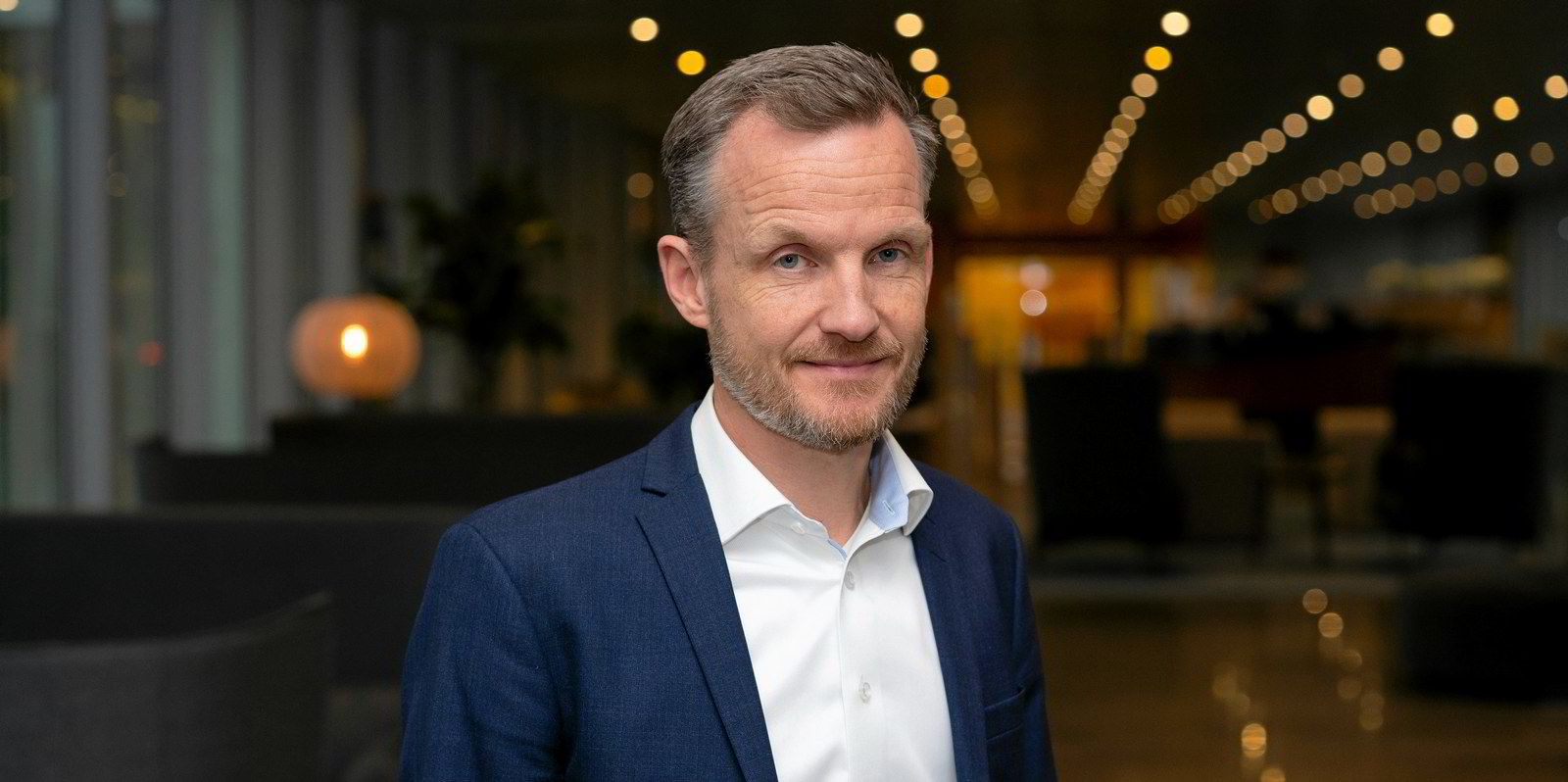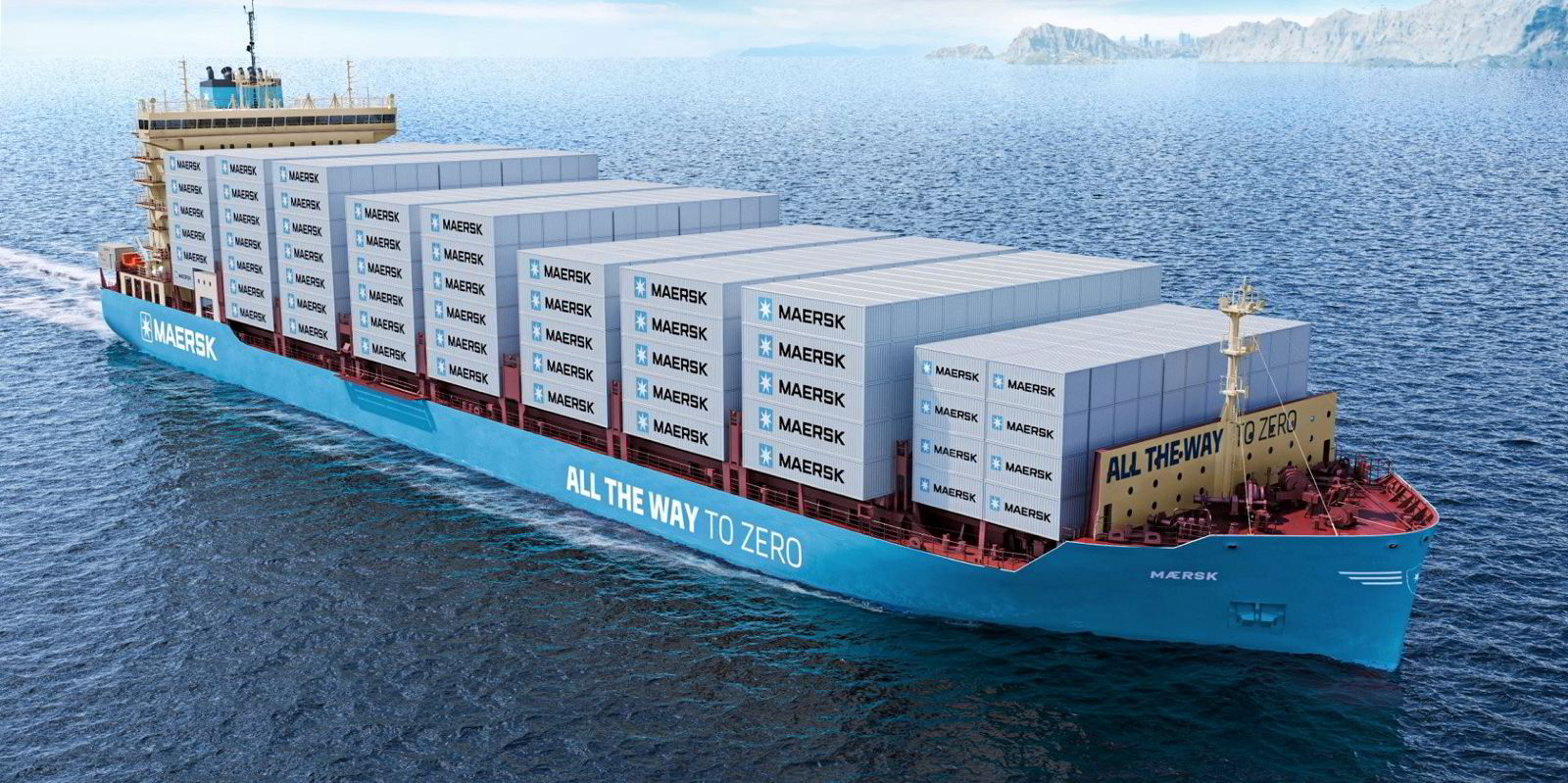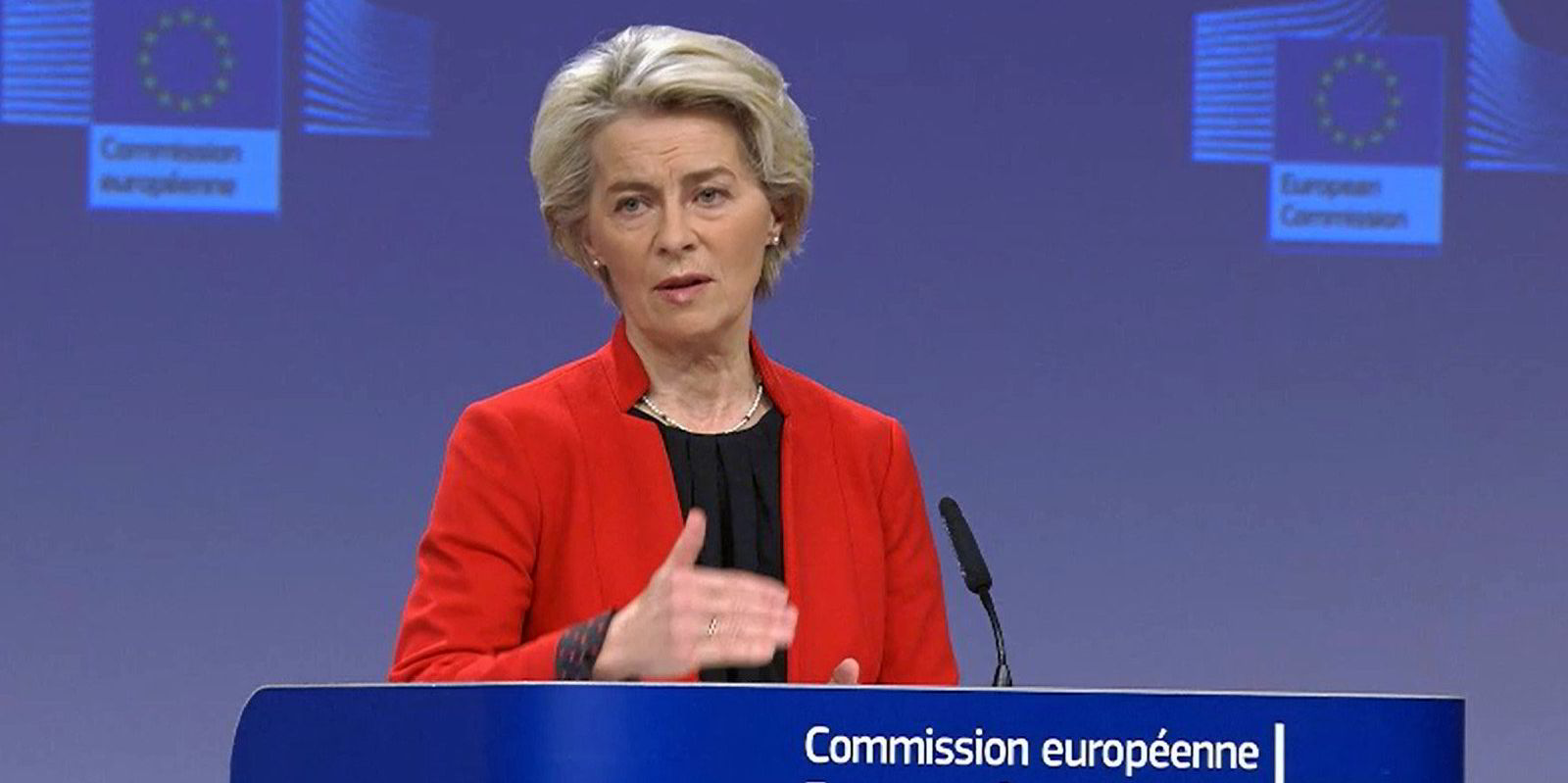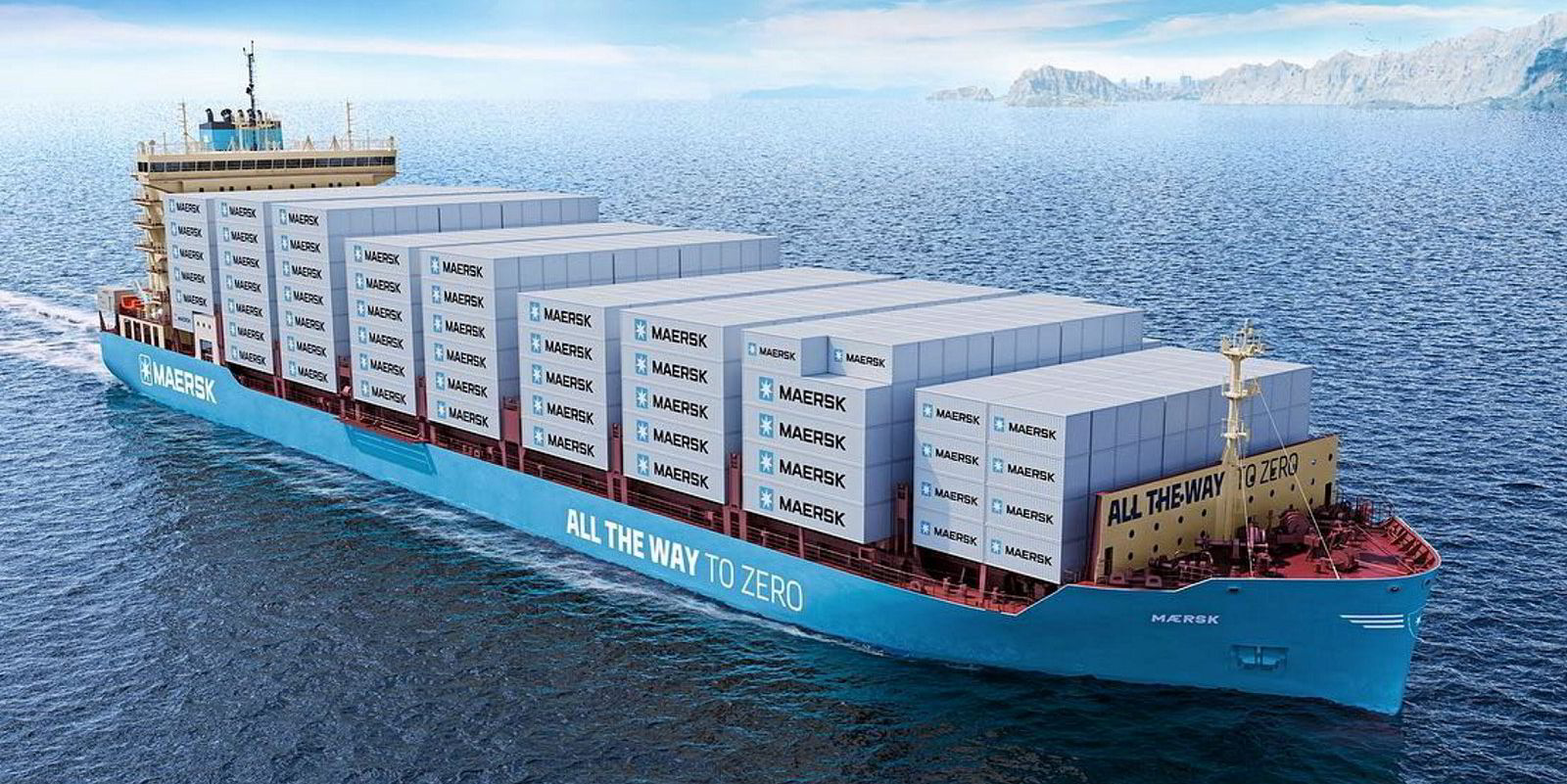Dutch provider OCI Global has clinched an exclusive deal to supply bunkers for the first container ship to ever run on green methanol.
The company said it will provide bio-methanol for AP Moller-Maersk’s 2,100-teu Maersk Solstice when it makes its debut voyage this summer.
“This global maiden voyage is an important milestone in the decarbonisation of the maritime industry, providing proof-of-concept for green methanol as a safe, efficient, commercially ready fuel for global shipping,” OCI said.
The vessel will leave South Korea this summer, sailing along one of the world’s busiest shipping routes to northern Europe via the Suez Canal, bunkering at several major ports along its journey.
OCI is obtaining the approvals and permits required to commercially bunker methanol in several ports on the ship’s voyage, including Rotterdam, positioning OCI as the first commercial bunker operator of methanol in these regions.
The ship, which is due for delivery this month from Hyundai Mipo Dockyard, can run on very low-sulphur fuel oil or methanol.
While Maersk has been steadily ordering ships that can run on green methanol and securing future supplies of the fuel, it has been unclear if the second-largest liner group would immediately have enough of it.
Morten Bo Christiansen, head of energy transition at Maersk, said: “The green methanol market is still in its infancy and frankly we had not expected to be able to secure a maiden voyage on green methanol for this vessel.

“So, we are very proud to have achieved this significant milestone.
“We expect a diverse green fuel mix for the future, with green bio-methanol from biomass waste being available now.”
OCI’s green methanol production is based on steam-reforming bio-methane into bio-methanol, offering a 65% reduction in greenhouse gas emissions compared to the fossil fuel benchmark.
The fuel is a renewable energy source produced from the decomposition of organic matter either in a landfill or anaerobic digester.
It is transported through the public gas transportation network to its plant in Texas.
Sewage, waste and residues
Feedstocks include sewage sludge, municipal solid waste, waste and residues from processing alcohols, waste starch slurry, and waste and residues from processing vegetable oils.
OCI has been asked for further details on cost and the volume of bio-methanol it will be supplying.
Ahmed El-Hoshy, The group’s chief executive, said: “This marks another significant milestone in our global leadership in supplying and trading renewable and low carbon fuels to decarbonise energy-intensive industries.”
“With the maritime industry facing increasing regulatory scrutiny, its decarbonisation is urgent, and OCI is playing a crucial role in helping the sector meet its environmental goals through our existing methanol capabilities,” he added.
Bashir Lebada, CEO of OCI Methanol/HyFuels, added the deal highlights the group’s distribution system.
OCI plans to add to its green bunker barge fleet as demand grows, he said.
Euronext-listed OCI expects incremental methanol demand from the maritime sector to be upwards of 4m tonnes per year by the mid-2020s based on current orders for new vessels.
In anticipation of this, and also for ammonia, OCI has announced several major projects to significantly increase sustainable production of its two core products.
These include GasifHy, a gasification project at its existing European methanol facility to shift it to green methanol production.
There is also a 1.1-million tonnes per annum blue ammonia plant in Texas, scheduled to start production in 2025, and the “Egypt Green” ammonia facility through Fertiglobe, a strategic partnership between OCI and Abu Dhabi oil company Adnoc.
Experience
Maersk is preparing to receive 19 methanol-enabled newbuildings, including 18 of 16,000 teu each under construction at Hyundai Heavy Industries from 2024.
The 2,100-teu methanol-enabled feeder vessel is the first and will be christened in September by Ursula von der Leyen, the president of the European Commission.
Delivery of the vessel was an important step toward the long-term objective of gradually renewing the entire fleet to operate solely on green fuels, Maersk said.
Securing green methanol for the 21,500 km trip from Ulsan, South Korea, to Copenhagen, Denmark, would also provide “real operational experience for Maersk seafarers” handling the new engines and using methanol as fuel, the company said.
Maersk aims to transport a minimum of 25% of ocean cargo using green fuels by 2030, compared to a 2020 baseline, to meet its 2040 target of net zero greenhouse gas emissions.





